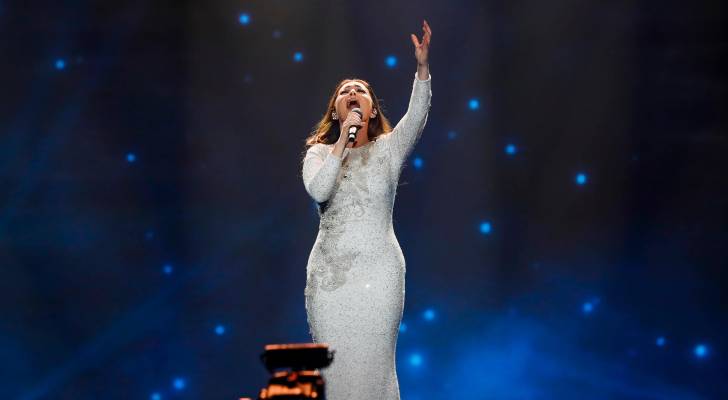Malta's Eurovision 2017 contestant Claudia Faniello
Malta rejects calls to boycott Eurovision despite 'Israel' controversy
Malta will not pull out of the Eurovision Song Contest even if 'Israel' takes part, Culture Minister Owen Bonnici confirmed on Tuesday, distancing Valletta from growing calls across Europe for a boycott.
In comments to Times of Malta, Bonnici said he supports “a culture of dialogue” and argued that cultural events should not be politicized.
“I believe the Eurovision is a place of dialogue,” he said. “Although I completely criticise the actions of the Israeli government, I believe that the window of dialogue should always be open.”
He stressed that cultural spaces should remain safe environments where conversation and understanding can be encouraged.
“I think that culture should be that one safe space where dialogue can always occur,” Bonnici added.
His remarks come as pressure mounts on the European Broadcasting Union (EBU) over 'Israel’s' participation. Several countries, including Ireland, Slovenia, Iceland, the Netherlands, and most recently Spain, have threatened to boycott the competition if 'Israel' is allowed to compete. Spain, one of Eurovision’s “big five” financial contributors, is the most prominent nation so far to suggest withdrawal. The EBU is due to take a decision at its general assembly in December.
Bonnici’s statement followed the release of a United Nations investigation accusing 'Israel' of committing genocide in Palestinian territory. The same report also accused Prime Minister Benjamin Netanyahu and other senior officials of incitement. The Maltese minister said he agreed with the UN’s findings.
“Palestine has the right to exist as a nation state and I completely criticise what Israel is doing both in Palestine and outside Palestine,” he said.
Bonnici acknowledged this was not the first time Malta had faced such a dilemma. He recalled that, during the outbreak of the Russia-Ukraine conflict, there were demands to bar Russian composers from local cultural programs. Initially leaning toward exclusion, he ultimately decided that art and culture should not be shut down as a tool for dialogue.




